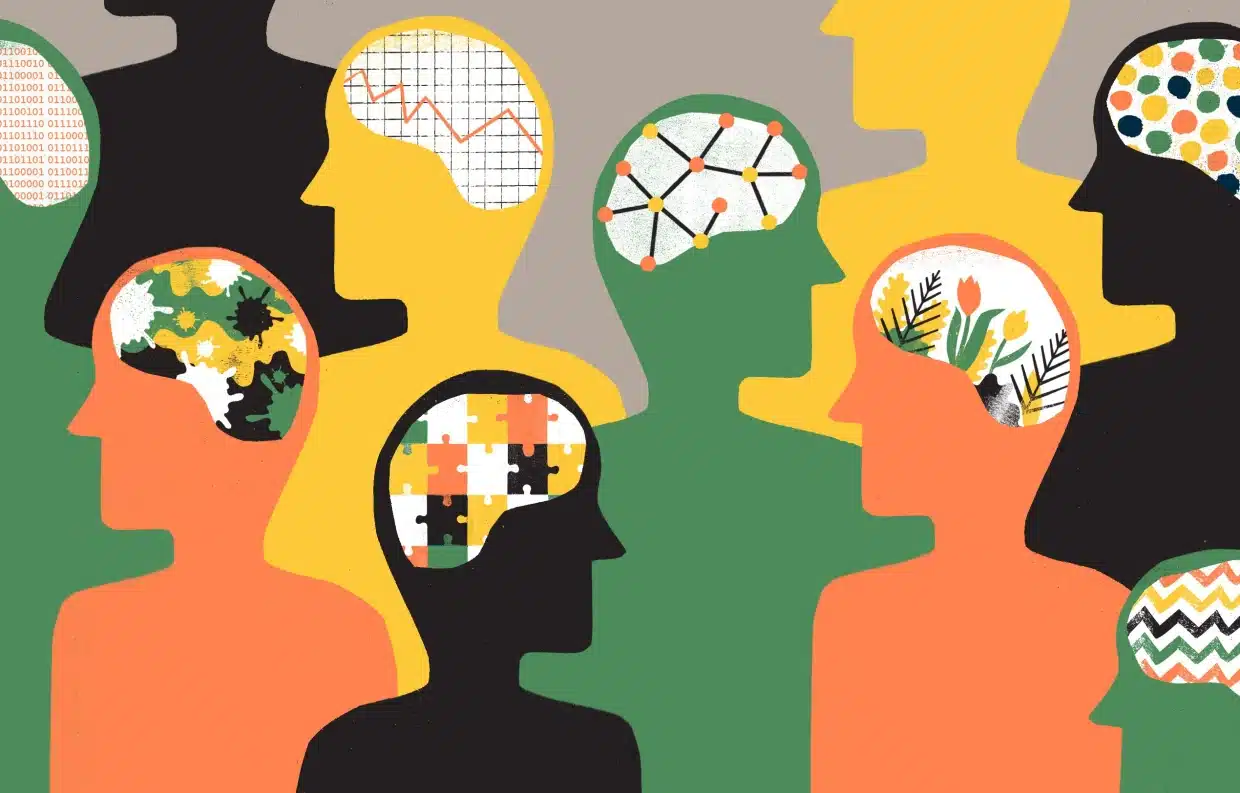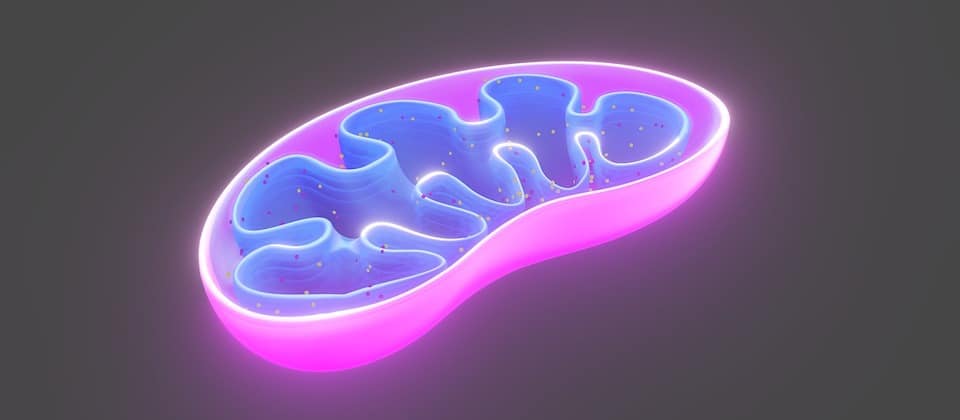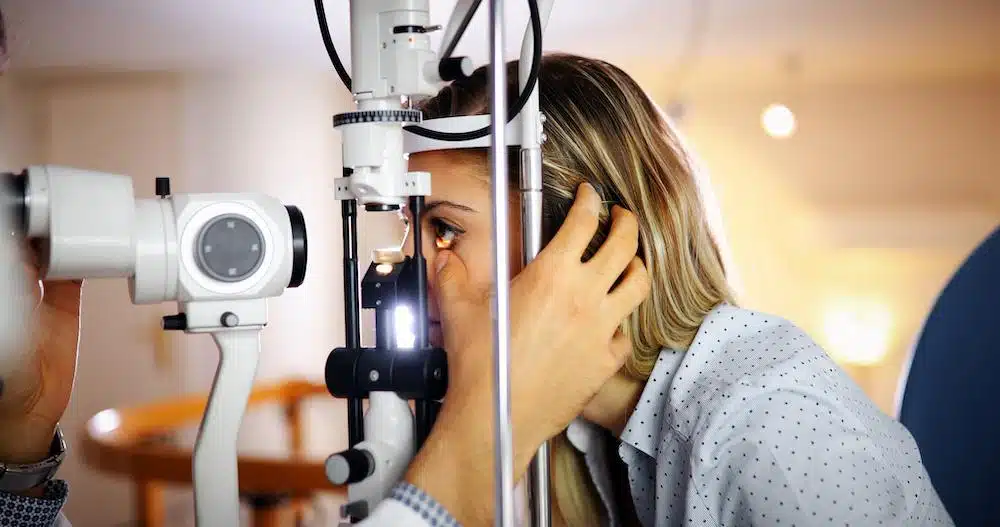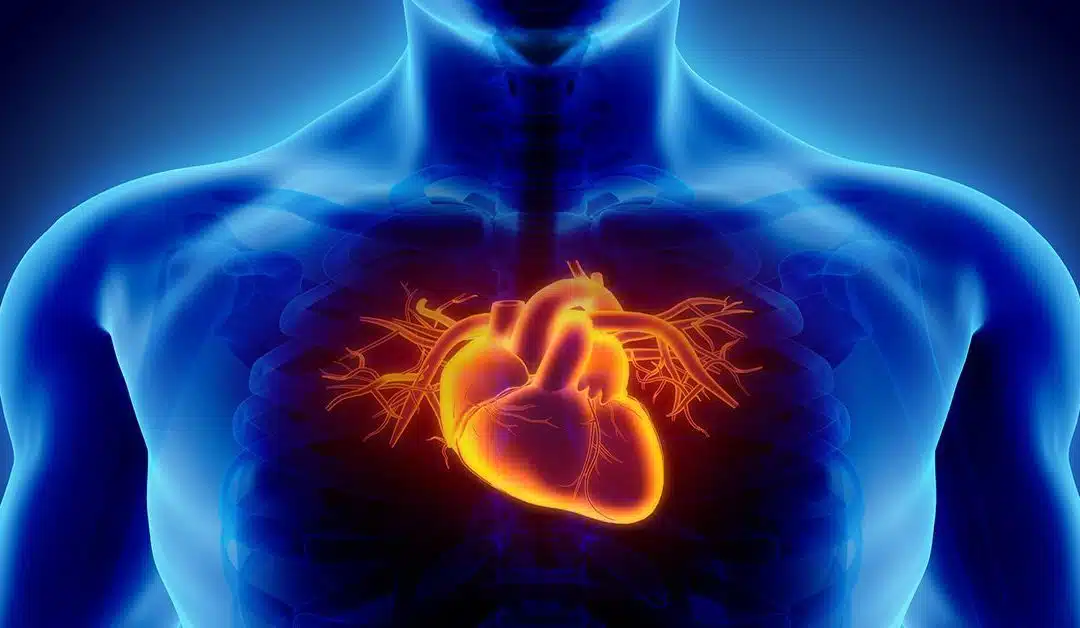The complexity of the gut microbiome is astonishing, with each individual hosting a unique microbial community. This individuality is influenced by numerous factors, such as genetics, diet, and environment. The diversity and balance of these microorganisms are essential for maintaining a healthy gut, which in turn affects various aspects of our health.
Beyond its primary functions, the gut microbiome has far-reaching implications that extend to our brain and even our personality. Recent research suggests that the gut microbiome may be a key determinant in shaping who we are. This article delves into the fascinating connection between the gut microbiome and personality, exploring how our gut influences our emotions, mood, and ultimately, our behavior.
Understanding the Gut-Brain Connection
The communication between the gut and the brain is a two-way street, often referred to as the “gut-brain axis.” This complex network involves direct and indirect pathways that link the emotional and cognitive centers of the brain with peripheral intestinal functions. The gut-brain axis plays a crucial role in maintaining homeostasis and regulating physiological processes.
One of the primary players in this interaction is the vagus nerve, the longest cranial nerve in the body, which acts as a direct line of communication between the gut and the brain. Additionally, the gut microbiome produces various neurotransmitters, such as serotonin and dopamine, which are essential for regulating mood and emotions. Interestingly, about 90% of serotonin, a neurotransmitter associated with feelings of happiness, is produced in the gut.
This bidirectional communication suggests that changes in gut health can significantly influence brain functions and vice versa. The intricate relationship between the gut and brain underscores the importance of maintaining a healthy gut microbiome to support mental well-being and emotional stability.
How Gut Microbiome Affects Mood and Emotions
The gut microbiome’s influence on mood and emotions is a burgeoning area of research, providing insights into how these microorganisms can shape our mental health. Several studies have identified a strong correlation between gut health and mood disorders, such as depression and anxiety. This connection is largely attributed to the microbiome’s ability to produce and regulate neurotransmitters.
For instance, an imbalance in gut bacteria (dysbiosis) can lead to a decrease in serotonin production, contributing to feelings of depression and anxiety. Dysbiosis, can be caused by factors such as poor diet, stress, or antibiotic use. Consequently, restoring a healthy balance in the gut microbiome has been shown to improve mood and reduce symptoms of anxiety and depression.
Moreover, the gut microbiome influences the production of short-chain fatty acids (SCFAs), which have been linked to anti-inflammatory effects in the brain. Inflammation is a known contributor to mood disorders, and by modulating inflammation through gut health, we can potentially enhance emotional well-being. These findings highlight the importance of nurturing our gut microbiome to maintain a positive mood and emotional resilience.
The Role of Gut Microbiome in Personality Traits
Numerous scientific studies have delved into the intriguing relationship between gut health and personality, providing valuable insights into how our microbiome influences who we are. These studies have employed various methodologies, from animal models to human trials, to explore this complex connection [1-6].
One notable study conducted by McMaster University demonstrated that mice transplanted with gut bacteria from anxious humans developed anxiety-like behaviors [5]. This experiment highlighted the potential for gut microbiota to directly influence emotional states and behaviors. Similarly, human studies have shown that individuals with depression often exhibit altered gut microbiota profiles, suggesting a link between gut health and emotional well-being [6].
Additionally, research has indicated that certain gut bacteria are associated with specific personality characteristics. For example, individuals with a higher abundance of Bifidobacterium and Lactobacillus species tend to exhibit more positive emotions and social behaviors. Conversely, a decrease in microbial diversity has been linked to traits such as neuroticism and introversion [1,2].
As research continues to progress, we can expect to gain a deeper understanding of the mechanisms through which the gut microbiome shapes our personalities. These findings open up new avenues for understanding the biological underpinnings of personality and highlight the potential for microbiome-targeted interventions to enhance psychological well-being.
The Impact of Diet on Gut Microbiome and Personality
Diet plays a pivotal role in shaping the gut microbiome, and by extension, it can influence our personality. A diet rich in fiber, fruits, vegetables, and fermented foods promotes a diverse and healthy gut microbiome, whereas a diet high in processed foods and sugars can lead to dysbiosis.
A balanced diet supports the growth of beneficial bacteria that produce crucial neurotransmitters and short-chain fatty acids, both of which are vital for mental health. Conversely, an unhealthy diet may contribute to inflammation and negatively impact mood and behavior. Thus, our dietary choices can have profound effects on our gut microbiome and, consequently, our personality [3].
To optimize our gut health and nurture positive personality traits, we should prioritize a diverse diet that includes:
- Fiber-rich foods, such as whole grains, legumes, and vegetables.
- Probiotic-rich foods, like yogurt, kefir, and sauerkraut.
- Prebiotic foods, such as garlic, onions, and bananas, which feed beneficial gut bacteria.
Probiotics and Their Influence on Personality
Probiotics have gained popularity for their potential to enhance gut health and, intriguingly, influence personality. These beneficial bacteria can be found in supplements and fermented foods and are known to support a balanced gut microbiome.
Research indicates that probiotics may have a positive impact on mood and behavior. For example, a study published in 2023 found that participants who consumed a probiotic supplement reported lower levels of stress and improved mood [4]. This suggests that probiotics may help modulate emotional responses by promoting a healthy gut-brain axis.
Incorporating probiotics into our daily routine can be a simple yet effective way to support our gut health and potentially enhance our personality traits. By choosing probiotic-rich foods or supplements, we can nurture a diverse and balanced microbiome that contributes to our overall well-being and emotional resilience.
Future Research: Gut Microbiome and Behavioral Health
As our understanding of the gut microbiome’s influence on personality expands, so does the potential for groundbreaking research in the field of behavioral health. Future studies are likely to explore the precise mechanisms through which gut bacteria impact personality traits, as well as the potential for microbiome-targeted therapies.
Advancements in technology, such as metagenomics and metabolomics, will enable researchers to gain deeper insights into the complex interactions between the gut microbiome and the brain. These tools will facilitate the identification of specific microbial signatures associated with personality traits, paving the way for personalized interventions.
Moreover, future research may focus on the development of probiotics or prebiotics tailored to enhance specific personality traits or alleviate behavioral disorders. As we continue to unravel the mysteries of the gut microbiome, we may unlock new strategies for promoting mental health and emotional well-being.
Final Thoughts
The connection between the gut microbiome and personality is a fascinating area of research that underscores the profound impact of our internal ecosystem on who we are. As we continue to explore this intriguing relationship, we gain valuable insights into how our gut influences our mood, emotions, and personality traits.
By understanding the importance of a healthy gut microbiome and prioritizing gut health, we can take proactive steps to nurture this vital component of our health. From adopting a balanced diet to incorporating probiotics, we have the power to support our gut health and promote a positive outlook on life.
Sources
[1] Johnson K. V. (2020). Gut microbiome composition and diversity are related to human personality traits. Human microbiome journal, 15, None. https://doi.org/10.1016/j.humic.2019.100069
[2] Kim, H-N, Yun, Y, Ryu, S, Chang, et al. (2018). Correlation between gut microbiota and personality in adults: A cross-sectional study. Brain, Behavior, and Immunity. 69, 374-385. https://doi.org/10.1016/j.bbi.2017.12.012.
[3] Berding, K., Bastiaanssen, T.F.S., Moloney, G.M. et al. (2023). Feed your microbes to deal with stress: a psychobiotic diet impacts microbial stability and perceived stress in a healthy adult population. Mol Psychiatry 28, 601–610. https://doi.org/10.1038/s41380-022-01817-y
[4] Baião, R., Capitão, L. P., Higgins, C., Browning, M., Harmer, C. J., & Burnet, P. W. J. (2023). Multispecies probiotic administration reduces emotional salience and improves mood in subjects with moderate depression: a randomised, double-blind, placebo-controlled study. Psychological medicine, 53(8), 3437–3447. https://doi.org/10.1017/S003329172100550X
[5] Li, N., Wang, Q., Wang, Y., Sun, A., Lin, Y., Jin, Y., & Li, X. (2019). Fecal microbiota transplantation from chronic unpredictable mild stress mice donors affects anxiety-like and depression-like behavior in recipient mice via the gut microbiota-inflammation-brain axis. Stress (Amsterdam, Netherlands), 22(5), 592–602. https://doi.org/10.1080/10253890.2019.1617267
[6] McGuinness, A.J., Davis, J.A., Dawson, S.L. et al. (2022) A systematic review of gut microbiota composition in observational studies of major depressive disorder, bipolar disorder and schizophrenia. Mol Psychiatry 27: 1920–1935. https://doi.org/10.1038/s41380-022-01456-3
https://www.ox.ac.uk/news/2020-01-23-gut-bacteria-linked-personality
https://www.bbc.com/future/article/20230120-how-gut-bacteria-are-controlling-your-brain








